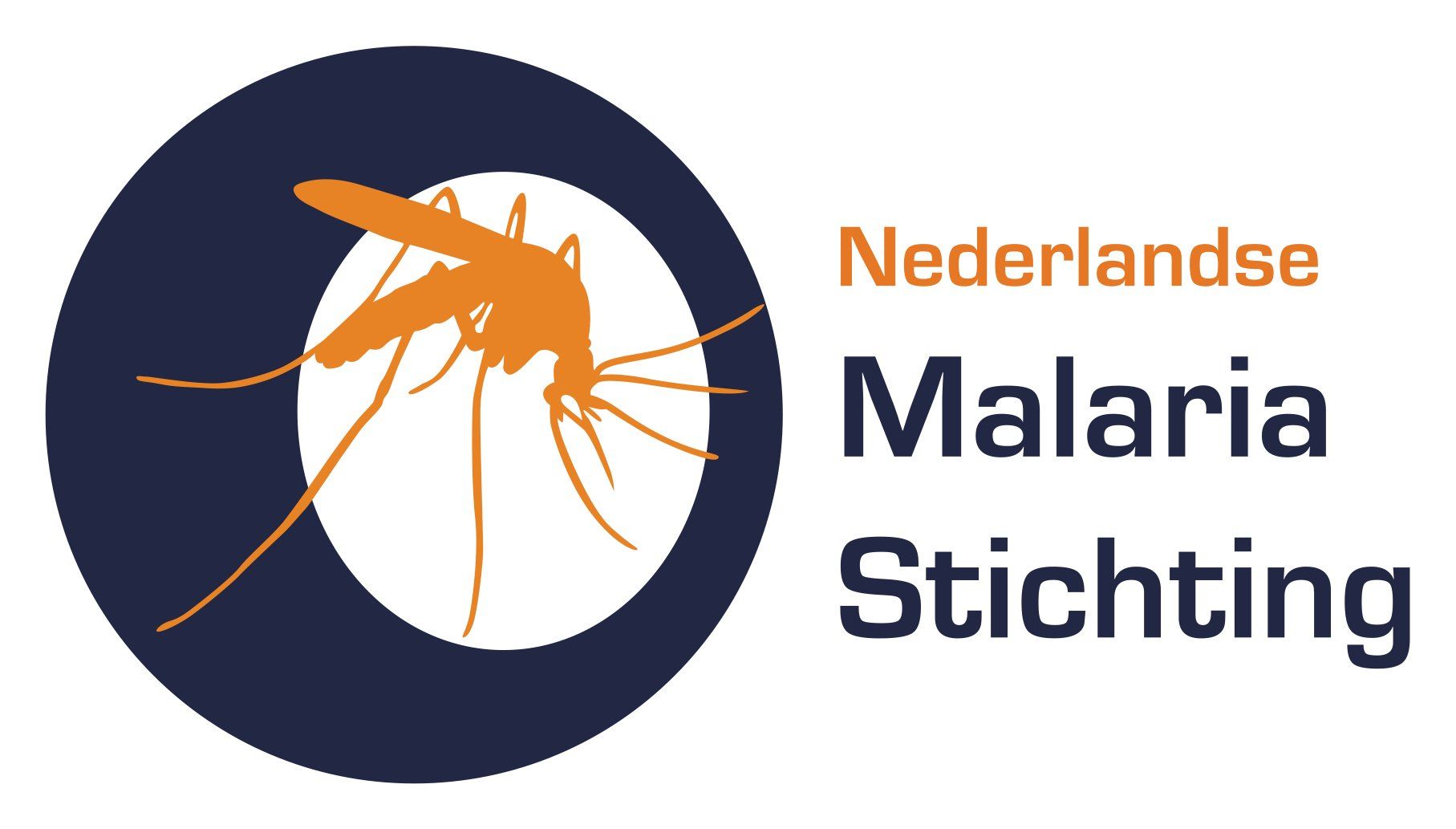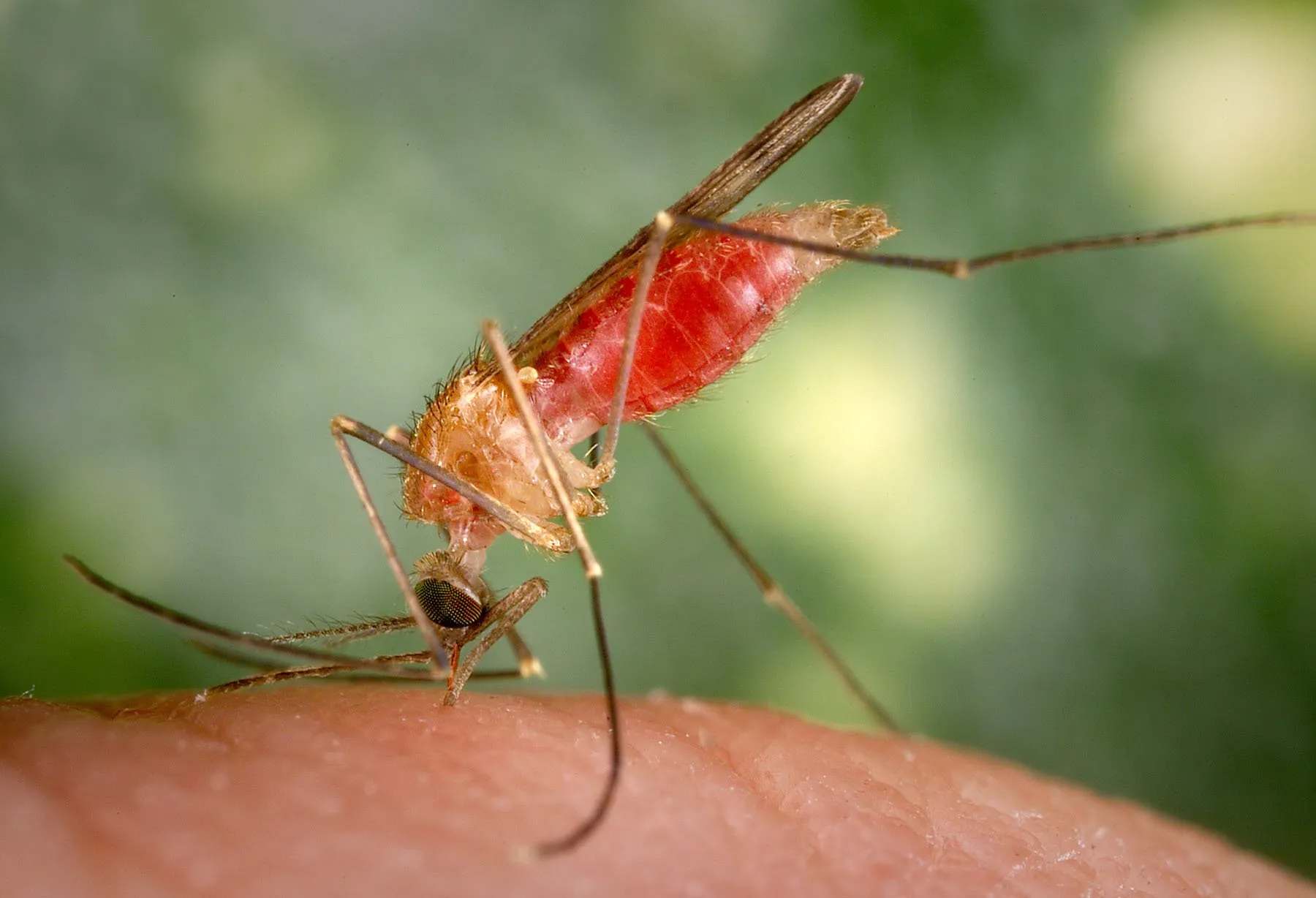Malaria
Malaria is a life-threatening disease. It is caused by a parasite that is transmitted from one person to another through the bite of an infected Anopheles mosquito. People who suffer from malaria often suffer from fever, chills and flu-like symptoms. If malaria is not treated quickly, people can die from it. According to the World Health Organization at least 263 million people got sick with malaria in 2023 of which at least 597,000 died. Most of them were young children in Africa.
Malaria in the Netherlands
Malaria used to occur in the Netherlands. Between 1945-1955, malaria was effectively controlled in the Netherlands by treating patients with medicines and by using DDT to control mosquitoes. Only in 1970, the Netherlands was officially declared 'malaria free' by the World Health Organization, as one of the last countries in Europe.
Malaria is caused by a bite from a mosquito belonging to the genus Anopheles. A normal Dutch mosquito can therefore not transmit malaria. There are still malaria mosquitoes in the Netherlands, albeit in low numbers and not in the urban environment. Only very rarely will a person carry malaria parasites that can infect mosquitoes. The chance of contracting malaria in the Netherlands is therefore negligibly small. And even though wetlands are increasing in number and size, we do not have to worry about a return of malaria in the Netherlands for the time being.



